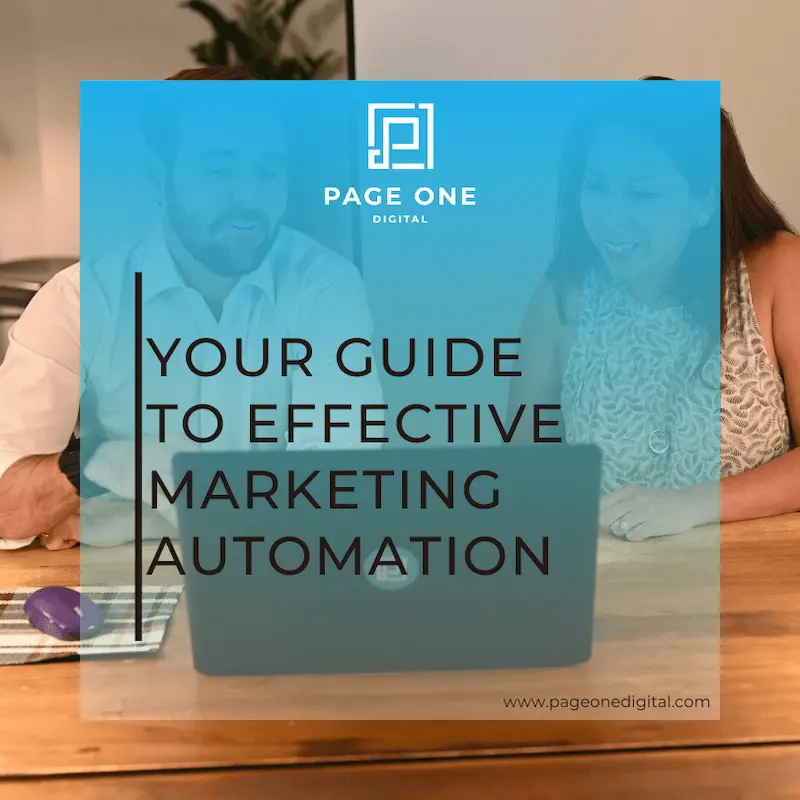Staying ahead in the ever-evolving world of digital marketing requires more than effort alone—it demands smarter and stronger strategies. Marketing automation is a modern-day game-changer that can improve your approach by saving time and streamlining the process to boost efficiency. This guide will help you understand the ins and outs of marketing automation so that you can use it to your advantage in everything from email to social media to lead generation.
Understanding Marketing Automation
At its core, marketing automation involves using software to streamline, automate, and measure marketing tasks and workflows. From email campaigns and social media scheduling to creating personalized content and enhancing the customer experience, marketing automation empowers you to execute repetitive tasks with minimal manual intervention.
Email Marketing Automation
You can automate your email campaigns based on customer behaviors, preferences, and interactions. This offers the ability to send personalized, targeted messages at the right time so you can nurture those leads and increase customer engagement. Popular platforms like Mailchimp and Aweber come with easy-to-use email automation tools built-in.
Social Media Automation
Imagine efficiently managing social media campaigns by scheduling posts, monitoring engagement, and analyzing performance—all within a centralized automation platform. Marketing automation makes it happen. A consistent and strategic social media presence is crucial for effective marketing, and automation ensures you stay active without constant manual efforts. With AI tools, you can take additional steps to automate comments, chats, and captions within social media.
Lead Management Automation
Within marketing automation exists an array of CRM tools that help identify and prioritize potential customers. These tools analyze customer interactions and assign conversion scores based on engagement levels. This, in turn, allows your sales team to shift their focus on leads more likely to convert.
Automation tools can also help guide your leads through your sales funnel with automated ease. From initial contact to post-purchase communication, marketing automation helps reduce manual effort while minimizing the risk of overlooked tasks. Plus, it empowers you to track key metrics, analyze customer behavior, and use data-driven insights to refine and continuously optimize your strategies.
From setting up campaigns to providing ongoing support, Page One Digital is here to help ensure you harness the full potential of marketing automation. Contact us today to streamline your marketing efforts and position your business for sustained growth and success.
Related Posts

How to Market to Sports Fans
The coronavirus has been throwing the schedules and off-season plans of major sports leagues into disarray, and sports fans around the world are waiting anxiously for their return. With the Summer Olympics canceled, games being played without audiences, and the future of the sports industry hanging in the balance, how can you reach your target audience?

Tips to Market to an Older Audience
Older consumers are frequently excluded from digital marketing strategies due to outdated thinking that they are not regular technology users. If you are trying to market to an older audience, you may be thinking that it’s as simple as clear instructions and large fonts. Like anything, marketing to an older audience takes a specific strategy, so here are our tips to help you reach a senior demographic:

Marketing to Travelers
The travel industry has taken a hit amidst the coronavirus pandemic, but it doesn’t mean that people are uninterested in travel. As the world begins to open back up, it will be important to tailor your marketing content to travelers. Here are our tips to market to travelers after COVID-19


